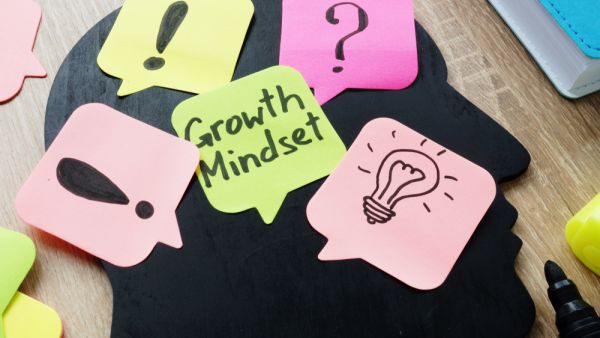One common misconception about abilities and talents is that you either have them or you do not. However, this couldn’t be further from the truth, because most things in life can actually be learned. In fact, it all goes back to how you view the world and the kind of mindset you have.
In 2006, psychology professor, Carol Dweck, coined the terms “growth mindset” and “fixed mindset” in her book, Mindset: The new psychology of success. In her book, Dr. Carol Dweck talks about how different mindsets yield different results. A person who has a growth mindset is someone who believes that their abilities and talents can be developed. Whereas those with a fixed mindset tend to believe that their abilities are fixed and they cannot do anything about it.
For people with a growth mindset, intelligence and talent are just the starting point, because they believe that with hard work they can achieve so much more. Our brains are muscles that have the ability to get stronger with the right kind of practice, and a growth mindset feeds on that. Not only that, but a growth mindset helps people see failures and mistakes as learning opportunities that can help them grow.
Why is a growth mindset important at work?
Employees with a growth mindset can be great assets for their companies. When employees believe they have the ability to work on themselves and become more talented and smarter, they will be more driven to learn and grow. In addition, having a growth mindset opens the doors for innovation and pushes employees to take calculated risks.
When companies promote a growth mindset, employees are more likely to collaborate with one another, come up with innovative ideas, and become more confident to try new things. A crucial part of the growth mindset is the fact that it is not tied to outputs but rather to the journey of learning and growth itself. Furthermore, a growth mindset can help employees become more resilient as they focus on the feedback and the learning opportunities rather than the failure itself. And in a time when resilience is low, a growth mindset can help employees build up their resilience muscle!
At the end of the day, having an open, flexible, and adaptable mindset is a crucial driver to the success of businesses. Therefore, it is imperative for leaders and companies to nurture an environment that supports and encourages a growth mindset.







